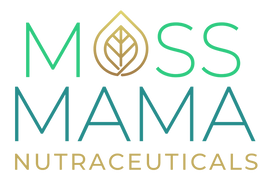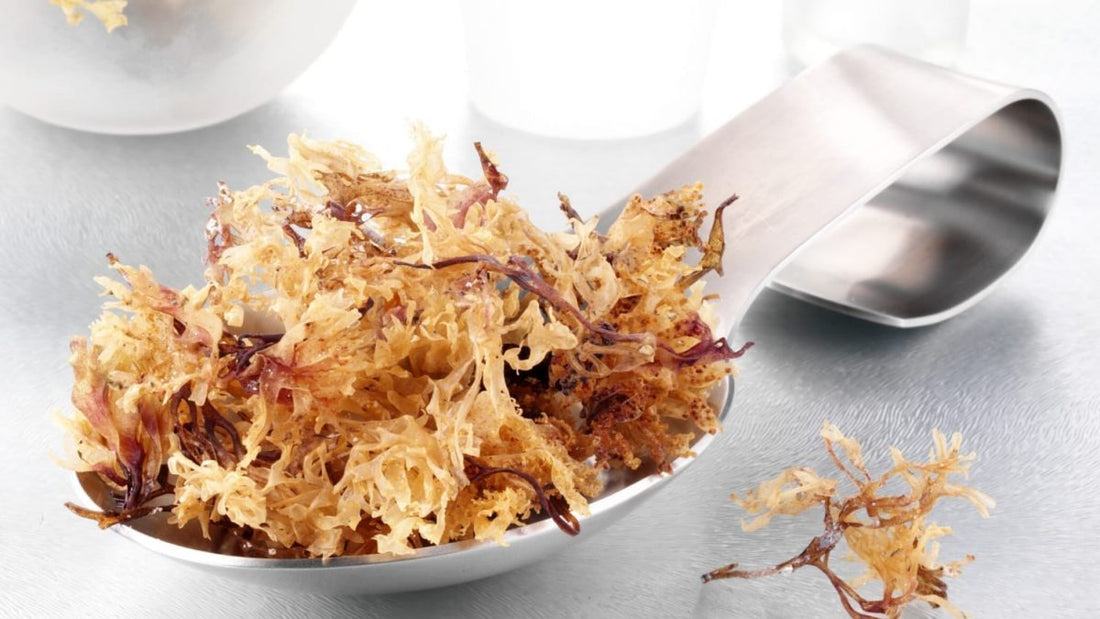Sea moss, also known as Irish moss or Chondrus crispus, is a type of seaweed that grows abundantly along the rocky Atlantic coasts of North America, Europe, and parts of the Caribbean. It is commonly found in areas with cool, temperate climates, where it thrives in intertidal zones where the ocean meets the shoreline.

Due to its popularity and increasing demand, sea moss is now cultivated and harvested in various parts of the world. However, it is important to ensure that the sea moss you consume is sourced from reputable suppliers to ensure its quality and purity. While it is generally considered safe for consumption, it is important to consult with a healthcare professional, such as an obstetrician or midwife, before taking any supplements during pregnancy. They can provide personalized advice based on your specific needs and circumstances.
That being said, sea moss is often praised for its nutrient content, which may offer certain benefits during pregnancy:
1. Rich in nutrients:
Sea moss is a good source of essential minerals such as iodine, calcium, magnesium, potassium, and iron. These nutrients are important for supporting overall health and
2. Thyroid support:
Iodine is crucial for thyroid function, and a deficiency in iodine during pregnancy can negatively affect the baby's brain development. Sea moss is considered a natural source of iodine and may help support healthy thyroid function.
3. Digestive health:
Sea moss contains soluble fiber, which can help regulate bowel movements and alleviate common digestive issues such as constipation, which is common during pregnancy.
4. Immune system support:
Sea moss contains antioxidants, which can help support a healthy immune system. This can be beneficial during pregnancy when the immune system undergoes changes to protect both the mother and the developing baby.
5. Nutrient absorption:
Sea moss contains carrageenan, a type of soluble fiber that may help improve the absorption of nutrients. This can be beneficial for pregnant women who may have increased nutrient needs.
While these potential benefits may make sea moss an attractive option, it is important to note that scientific research specifically focusing on the effects of sea moss during pregnancy is limited. Additionally, it is crucial to ensure the sea moss you consume is clean, free from contaminants, and sourced from a reputable supplier.
Again, it is recommended to consult with a healthcare professional before taking sea moss or any other supplements during pregnancy to ensure they are safe and suitable for your individual circumstances.

